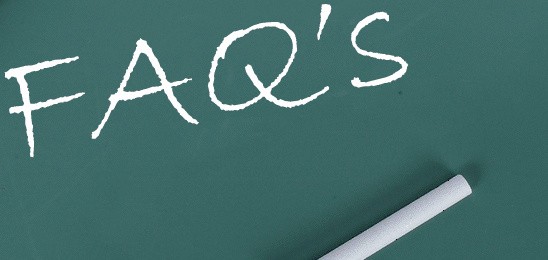
Frequently Asked Questions
What safety or medical precautions are needed for a trip to Greece?
No particular safety or medical precautions are needed for a trip to Greece.
How is Greece different than northwestern Europe?
Travelers must understand and accept the local way of Greek life, like:
– Water, especially on the islands, is in short supply. During the summer months, local authorities on some islands might restrict the main water supply to certain hours of the day.
– About noise: Restaurants, bars, and clubs can be too noisy, open-air, and open late. If you stay in the same village as a local fisherman, you may hear his exhaustless moped or braying donkey pass your house at dusk. A dog barking or a cockerel crowing can disturb as much as passing traffic. We have chosen our hotels and villas for their degree of seclusion and privacy, but if you are concerned about possible disturbances, please ask our advice on the most suitable properties.
– Most of our premises have a rural location, and it is possible, therefore, that there is a presence of “wildlife” in the area, such as ants, wasps, lizards, field mice, or rodents.
Will I need cash for shopping in Greece?
When traveling in Greece, you should better take more than one means of payment with you (cash, debit card, credit card).
You should be able to pay for retail transactions with debit and credit cards but occasionally some vendors might experience a non-functional machine for processing card payments due to network failure or other technical reasons.
You can withdraw cash at ATMs up to the daily limit imposed by your card issuer.
Avoid EURONET’s ATMs labeled “ATM,” as these privately owned machines charge higher withdrawal fees. Instead, it is better to use ATMs that belong to any Greek bank like Eurobank, Alpha Bank, Piraeus Bank, National Bank, Bank of Chania, or Bank of Crete.
Which are the emergency numbers in Greece?
Emergencies
You can dial the European emergency number 112 in Greece for the police, ambulance, or fire brigade, or dial:
100 for police
199 for the fire brigade
166 for emergency medical service
108 for Coast Guard
197 for emergency social assistance
116 000 for missing children
